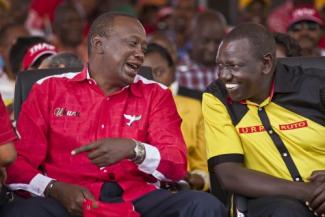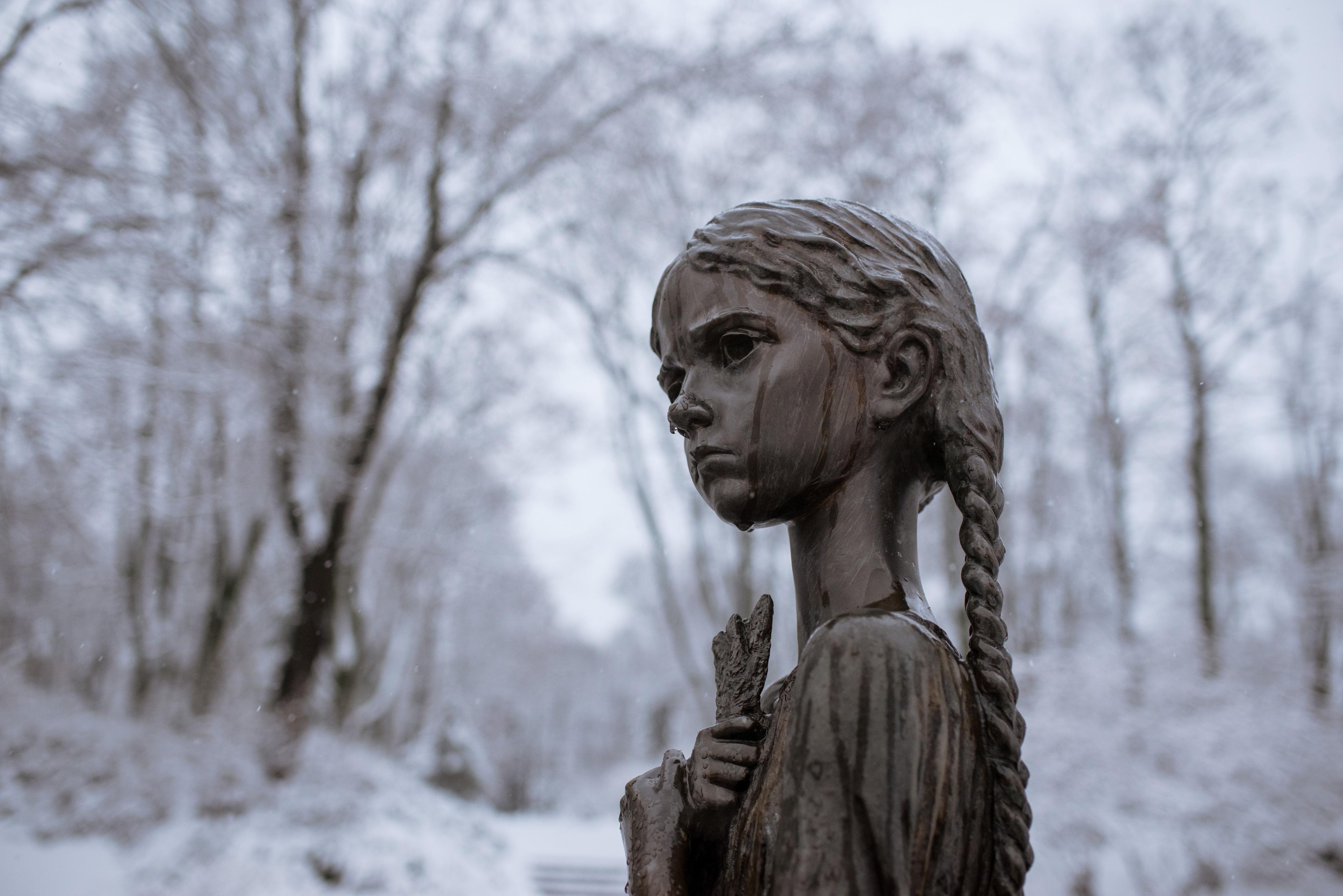Governance
Kenya’s game of personality politics

At 55, he still appeals to the youth. He is well-spoken and was groomed to follow in the footsteps of his father Jomo Kenyatta, Kenya’s first president. His chances of being re-elected in August look good, but that does not mean that everything is fine in Kenya.
Human Rights Watch, the international NGO, sums up the situation as follows: “Kenya’s efforts to tackle its escalating security crisis have been marred by serious human-rights violations by Kenyan security forces, including extrajudicial killings, arbitrary detentions and torture. The government rarely investigates or prosecutes security officers for such abuse. (…) Kenya has tried to restrict civil society and independent media. There has been no tangible progress on accountability for crimes committed during the post-elections violence of 2007/08, which left at least 1,100 dead and 650,000 displaced.”
Kenyatta and his vice president William Ruto were involved in those riots, though on opposing sides. The two men belong to different ethnic groups, and the clashes resulted from ethnic rivalry.
It is telling that Kenyatta managed to benefit from the turmoil twice. First, he became finance minister in the government of his predecessor Mwai Kibaki, who was confirmed in office in 2007/08. Later, after forging his alliance with Ruto, he mobilised Kenyans against the International Criminal Court which had started a case against them because of their alleged orchestrating roles in the violence. Kenyatta and Ruto argued that the ICC was a neo-colonial institution. After witnesses in Kenya were intimidated, the ICC had to drop the case for lack of evidence.
The tribal card has become difficult to play in Kenya nonetheless. The laws against hate speech have been revised, and a new constitution was adopted which grants considerable power to the governors of sub-national counties. The presidential elections in 2013 were peaceful.
However, ethnicity or tribe, clan and family ties still matter – whether you want to get a job or win an election. People generally assume that only their kinsfolk will feed them, support them and develop their area. Tribal identities are old, and the British colonial power reinforced them in order to “divide and rule”.
Kenya is also haunted by corruption. Whether funds are siphoned off in the National Youth Service or Kenya’s Ministry of Health, one would expect the president to assume some sort of responsibility. He does not; he merely disassociates himself. To foster a sense of national unity, he emphasises the fight against terrorism, in which Somali refugees, ethnic Somalis in Kenya and the country’s Muslim minority have borne the brunt.
Kenyatta is not Kenya’s only scion of a political dynasty. Raila Odinga, a former prime minister, is the son of Kenya’s first vice president. And while his political life began in activism against the former authoritarian regime, he has become part of the old guard in Kenya’s game of personality politics. Odinga ran against Kenyatta in 2013 and against Kibaki in 2007. Today both he and Kenyatta are among Kenya’s richest people.
Kenyatta will probably cling on to power in elections this year. The big question is what will happen in five years. An extension of the constitutional two-terms limit seems unlikely. The danger of the country collapsing into utter chaos would be too great. He is young, so he can still run businesses or take on honourable roles as a crisis negotiator in neighbouring countries. So assuming Kenyatta wins this year, many Kenyans hope he will not run again in five years.
It is most unlikely, moreover, that any future government will prosecute Kenyatta for wrongdoings. Coalitions shift constantly in Kenyan politics and who, in the end, is not guilty?
Sella Oneko is a freelance journalist.
Twitter: @sellaoneko












